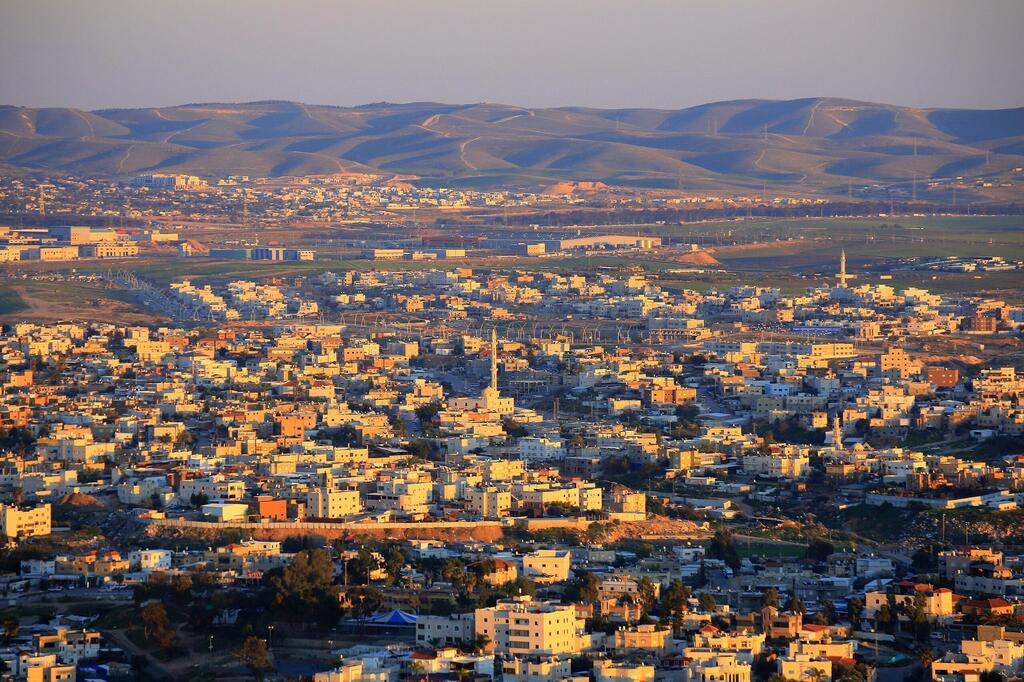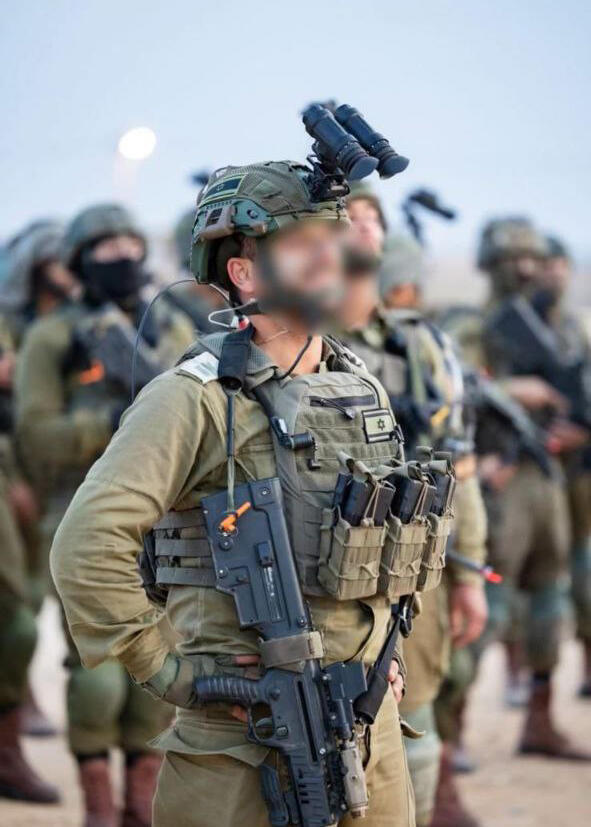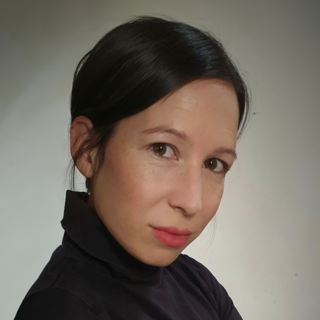Getting your Trinity Audio player ready...
Qamel Abu Nadi, a resident of the southern Bedouin town of Laqiya and a member of the council, said, "If I am not for myself, who will be for me," as he explained the primary reason for establishing a unique rescue unit. He believes that "The unit gives people a sense of belonging and involvement."
Read more:
At the outbreak of war, the southern villages inhabited by the Bedouin population suffered significant losses. "In the scatter, there was a direct rocket hit on the al-Quran family," Abu Nadi, 55, recounts, "Everyone who lived in this country was affected by October 7. It's a blow that was visited upon everyone."
2 View gallery


A view of the Bedouin city of Rahat, in Israel’s Negev Desert
(Photo: The Media Line)
The al-Faaza unit, set to operate in southern Israeli Bedouin communities, aims to provide a first response and direct rescue forces for people who don't have fixed addresses.
Abu Nadi adds, "The emergency issue is close to me. The country was busy on October 7, and the citizens needed first aid. In the Bedouin regions in the south, we have thousands of Bedouin IDF veterans. However, it was necessary to organize everyone, set up a unit and train volunteers. In an emergency, the closest team will respond. On a regular basis, the sector experiences numerous problems, such as children's accidents and hit-and-runs."
2 View gallery


The Bedouin Reconnaissance Battalion is one of the prominent IDF forces in the southern sector
Abu Nadi said their goal for the unit to eventually operate under the Israel Police, saying, "We will train, hoping not to need the volunteers." The unit currently comprises about 100 volunteers.
The civilian situation room by Brothers in Arms, an IDF reservists alliance, was set up and distributed 27 first aid kits across unrecognized Bedouin villages and Bedouin localities, such as Rahat, Tarabin al-Sana, Arara, among others. This initiative came after placing 160 portable rocket shelters.
Yossi Kochner, from the Brothers in Arms, said, "Each such kit is intended for a mass casualty event. Each kit is intended for a settlement of about 5,000 people. If they need help - we will always try to do whatever we can."
A recent survey conducted by the Coexistence Forum on the protection of the Bedouin community revealed that 67% of the Bedouins in the Negev don't have access to shelters, and 92% of the residents of the unrecognized villages can't reach proper shelter.



